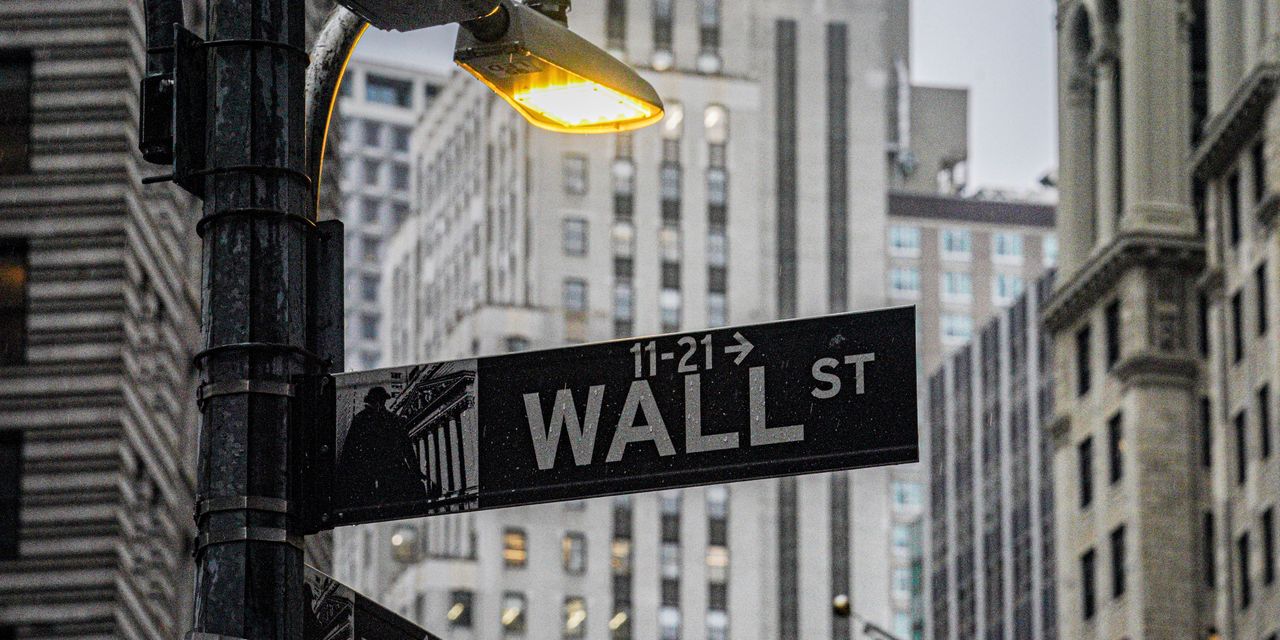“We entered this year with no yields anywhere and stocks wildly overvalued versus their own metrics historically,” said Jeffrey Gundlach, CEO of DoubleLine, in an interview with CNBC on Wednesday.
“Bonds were just terrible. But not anymore.”
Not only are Treasury bonds now “potentially a profit maker,” with the long 30-year Treasury rate
TMUBMUSD30Y,
pegged at 4.122% on Wednesday as of 3 p.m. Eastern, but Gundlach said DoubleLine’s internal model suggests the 10-year Treasury note
TMUBMUSD10Y,
could be overvalued by about 200 basis points in yield.
“In other words, it could fall a couple of percent in yield, if there’s a recession next year,” he said, which he said DoubleLine’s model seems to predict. See more from the interview below:
DoubleLine has become well known for fixed-income investing, including a specialization in battered residential mortgage-backed securities in the wake of the 2007-’08 global financial crisis.
The DoubleLine Opportunistic Credit Fund
DBL,
was down about 24% on a total-return basis this year, according to FactSet data. The iShares Core U.S. Aggregate Bond ETF
AGG,
was down closer to 17%.
While Gundlach thinks Treasurys at recent yields could be “a pretty interesting way of maybe making some money,” he also said investors could consider adding risk in the “bombed-out credit market.”
Specifically, he pointed to government guaranteed mortgage bonds, high-yield “junk bonds” and asset-backed securities as attractive areas, including when the Single B and BBB credit rating categories can mean yields of 12%.
Unlike Treasurys, however, Gundlach cautioned that to “take those yields you’ve got to take risks,” potentially including corporate or consumer defaults and overall volatility that could mean “bumps along the road,” particularly if the U.S. slides into a recession.
See: Why the countdown to a recession begins now, according to these bond market signals
Still, he sees Treasurys offering 4% yields, plus meatier spreads on credit bonds, as a combination that can kick off a roughly 8% return with a “natural hedge.”
“If the credit does badly, the Treasurys will do well. And if the Treasurys just hang out, credit will probably have a pretty good year next year,” he said. “It’s far more attractive than stocks.”
The Dow Jones Industrial Average
DJIA,
fell 1.6% Wednesday after the Federal Reserve fired off a fourth straight rate increase of 75 basis points, but signaled that it is also too early to consider a central bank “pivot” away from tighter credit conditions. The S&P 500 index
SPX,
tumbled 2.5% and the Nasdaq Composite Index
COMP,
shed 3.4%, according to FactSet.
Read: What’s next for markets after Fed’s fourth straight jumbo rate hike
